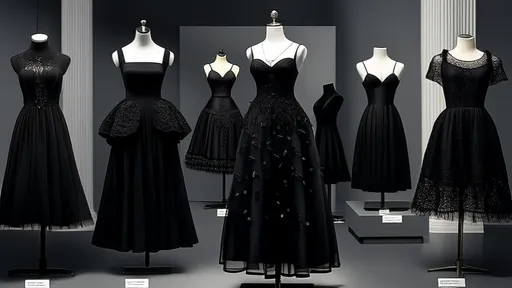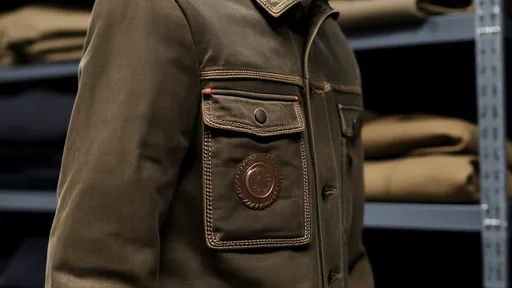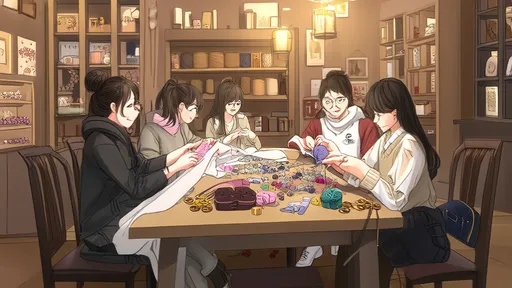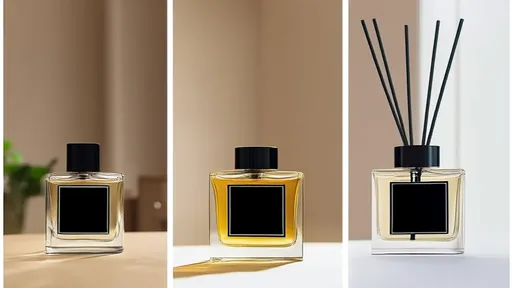In an age dominated by digital interactions and instant gratification, a quiet revolution is taking place in urban centers and online communities. Young professionals, students, and creatives are increasingly flocking to craft workshops, paying not just for materials or instruction, but for the experience of performing seemingly mundane tasks like sewing a button. This phenomenon transcends the simple act of repair; it represents a deeper cultural shift towards mindfulness, community, and tangible creation in a virtual world.
The allure begins with a fundamental human need currently underserved by modern life: the desire for genuine connection. Unlike algorithm-driven social media platforms that often foster comparison and isolation, these workshops offer physical, shared space. Participants sit around large tables, surrounded by the soft hum of conversation and the tactile sounds of fabric and thread. There are no screens to hide behind, no curated personas to maintain. Strangers become collaborators, offering advice on thread tension or admiring a neighbor’s stitch work. This environment cultivates a rare form of vulnerability and camaraderie. People share stories about the garment they are mending—a favorite shirt from a trip abroad, a coat handed down from a grandparent—transforming a simple repair into a narrative act. The shared focus on a hands-on task dissolves social barriers, creating instant bonds over a common, achievable goal. It is this authentic social fabric, woven literally and figuratively, that many young people find irresistibly compelling and are willing to invest in.
Parallel to this search for connection is a growing collective yearning for mindfulness and mental respite. The constant barrage of notifications, emails, and the pressure to be perpetually "on" has led to unprecedented levels of anxiety and burnout among younger generations. The act of sewing a button, with its repetitive, rhythmic motions—pushing the needle through the cloth, pulling the thread taut—becomes a form of active meditation. It requires a focus that is just demanding enough to quiet the mental chatter about deadlines and inboxes, yet simple enough to be deeply soothing. This state of "flow," where one is fully immersed in an activity, provides a legitimate digital detox. Workshop attendees frequently describe the experience as therapeutic, a scheduled pause from the chaos of their daily routines. They are not paying to sew; they are paying for the mental clarity and calm that emerges from the process. In a world selling digital mindfulness apps and wellness retreats, the humble craft workshop offers an accessible and profoundly effective alternative.
Furthermore, this trend is a powerful reaction against the disposability of fast fashion and the intangible nature of the digital economy. Many young consumers are acutely aware of the environmental and ethical costs of cheap, mass-produced clothing. Choosing to repair a item, rather than discard it, is a small but meaningful act of defiance against this culture of waste. It is an embrace of sustainability and mindful consumption. The act of sewing a button onto a beloved garment reinstills its value and extends its life, making the owner an active participant in its story rather than a passive consumer. This aligns perfectly with a broader values shift towards supporting local businesses, ethical production, and reducing one's carbon footprint. The workshop provides the skills and confidence to enact this philosophy, empowering individuals to take ownership of their possessions in the most literal sense.
Beyond sustainability, there is an immense satisfaction derived from creating and fixing with one’s own hands. In professions increasingly abstracted into data, code, and strategy, the tangible outcome of a securely fastened button provides a concrete sense of accomplishment that is often missing from modern work. The workshop offers a low-stakes environment to learn a practical skill, to make mistakes, and to ultimately succeed. This builds self-reliance and confidence. Completing a repair, no matter how small, delivers a dopamine hit of achievement that is immediate and undeniable. It’s a antidote to the often vague and delayed gratifications of knowledge work. For a generation that may have grown up with fewer opportunities to learn such hands-on skills at home or in school, these workshops fill a practical and psychological gap, fostering a renewed sense of capability and independence.
Ultimately, the popularity of paid craft workshops for tasks as simple as sewing a button is a multifaceted statement. It is a search for real-world community in a digitally mediated society, a pursuit of mindfulness in a distracted world, and a conscious move towards sustainability and self-sufficiency. Young people are not just buying a service; they are investing in an experience that offers psychological respite, tangible skills, and a renewed connection to the physical world and each other. This trend is far more than a nostalgic hobby; it is a modern solution to contemporary anxieties, proving that sometimes, the simplest actions hold the deepest value.

By /Aug 21, 2025

By /Aug 21, 2025

By /Aug 21, 2025

By /Aug 21, 2025

By /Aug 21, 2025

By /Aug 21, 2025

By /Aug 21, 2025

By /Aug 21, 2025

By /Aug 21, 2025

By /Aug 21, 2025

By /Aug 21, 2025

By /Aug 21, 2025

By /Aug 21, 2025

By /Aug 21, 2025

By /Aug 21, 2025

By /Aug 21, 2025

By /Aug 21, 2025

By /Aug 21, 2025

By /Aug 21, 2025

By /Aug 21, 2025